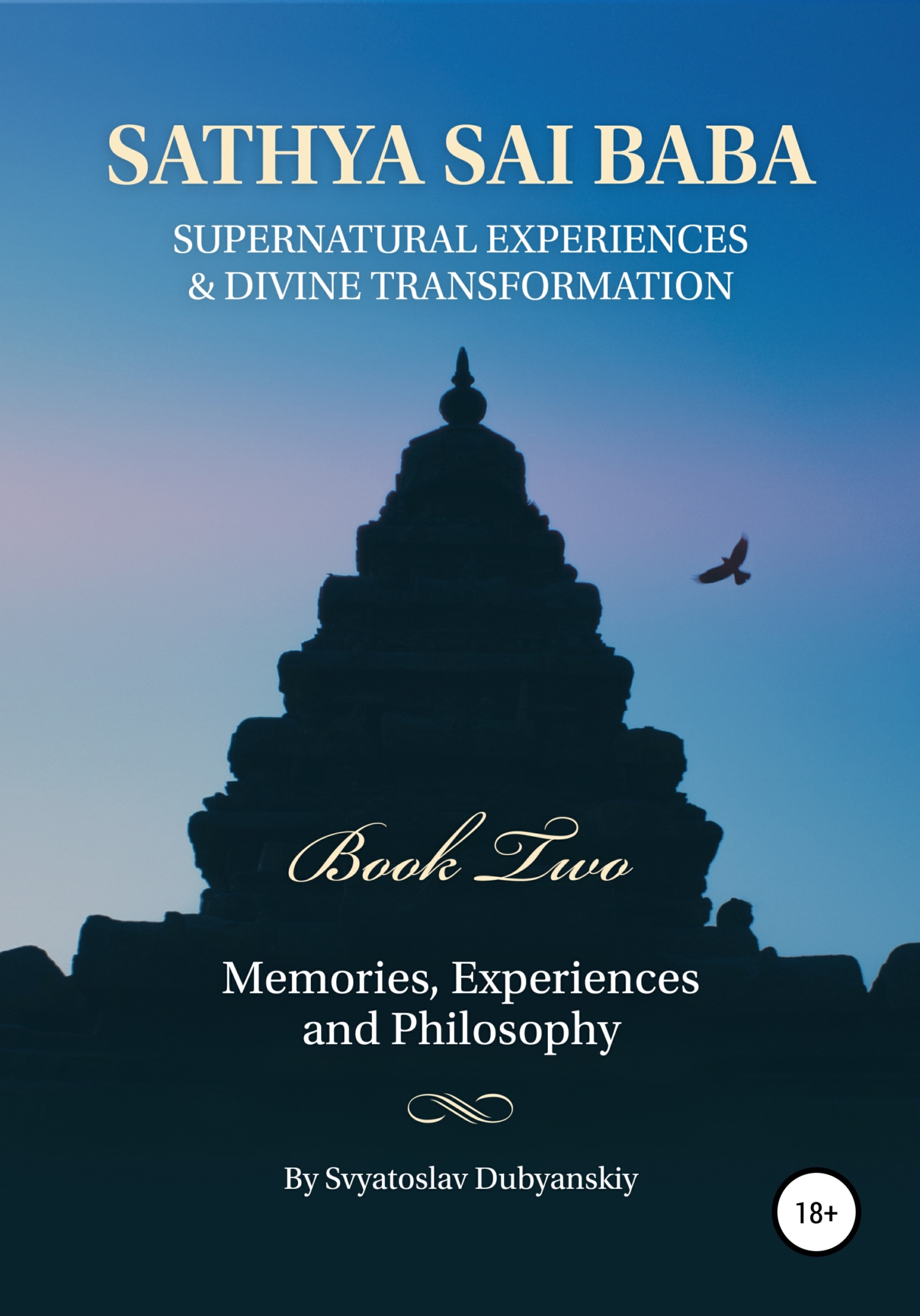it or forgive it, it will be better for you. The Holy Qur'an confirms and does not refute the above mentioned in the Bible: "A life for a life, an eye for an eye, a nose for a nose, an ear for an ear, a tooth for a tooth — and for wounds equal retaliation. But whoever waives it charitably, it will be atonement for them."
This is the common level in seemingly irreconcilable laws.
In the same way, all the laws of the Qur'an and the Bible have common meanings, and most of them are essentially identical.
A law from the Bible covers another from the Qur'an and vice versa and does not exclude one from the other. It may be ranked higher or lower than another law, but it is not rejected, it is accepted just the same, and for us human beings, what is the difference — we are obligated to fulfill all the laws written in the Scriptures.
Every monotheistic religion based on the belief in one God, the Creator of all things, inevitably comes to the same laws and moral and ethical statutes.
Even if there were no Scriptures, no religions, it is given to the human mind to realize by simple logic the existence of God, the Creator of all things. The knowledge of God is inherent in man by nature, by the Creator Himself. It is given to man to distinguish "black from white," what is bad and what is good, what is impossible and what is possible. In fact, this is enough to live without violating the laws of the Holy Scriptures, which we have today in both the Bible and the Qur'an.
Moreover, the five basic principles of Buddhism do not contradict the laws of the holy texts.
Nevertheless, the religions of the Holy Books still have different interpretations on some issues, but they are united in the main thing — belief in and worship of one God and moral guidelines. Today we must not discredit or weaken each other, but be conscious that believers of all Abrahamic religions are allies who must unite in the face of a common challenge — the mass rejection of the idea of faith as such and the total destruction of all moral ideals.
Why argue about who is greater: Muhammad or Jesus, son or prophet or slave; dead or not; Trinity or not; rightly believed or not; Bible or Qur'an? Muhammad and Jesus — they both came from the Lord God and their mission is the same — to bring the truth to the people, to save the people, to make them acceptable to God, to cleanse them from sin. God is one. The laws are the same for all.
It seems that some influential people in or outside of religions artificially create tension and discord between religions by emphasizing the wrong things.
I conclude that there is no point in dividing all the Abrahamic religions — one should focus on what they have in common. All meaning adds up and differences disappear when you focus on what is common without looking for points of contention. The point is that God is one for all religions, for everyone and everything, and the right way that God approves is to live according to the laws of the common canons in the Holy Qur’an and the Holy Bible in worship of one God. This is monotheism.
The goal of every believer is the same — it is the goal of true success, about which there is a separate chapter in the book.
In the light of the previous chapter, and based on the logical conclusions drawn, it is possible to determine for oneself another controversial issue about which many have long been confused.
Thus. A temple is a holy house, cleansed of sin in all its manifestations during its construction and the worship of the Only God in it. This is what makes such a house holy and worthy of God's attention.
Today there are many questions about the situation in temples of different religions where there are many icons, pictures, statues, and portraits in front of which people kneel and pray. Many temples have inscriptions on the walls that are not from the Scriptures, and many temples are engaged in the trade of various kinds of religious accessories and not only.
The Bible says that the true temple is the human body, in which there is a soul. It is important to keep the body, like a temple, clean from sinful dirt. Then it will be honored by God's attention.
Therefore, any believer can go into any church, mosque, place of worship — any temple — and see what the atmosphere is like and whether that temple meets his definition. It can be any temple of the Abrahamic religions; I do not divide them as I do the religions themselves, for their definition and purpose are absolutely the same from the beginning.
How do you understand which temples are true? It's the one that awakens in the believer the power of faith and feelings of connection with the Lord God, the one that awakens the desire to speak, to address God directly with awe and great fear. The temple is where there is nothing but the worship of God and the interpretation of the Holy Scriptures. One will act righteously in any temple only in pure worship of the Lord God.
Even if you address God in any other place, you will be communicating with God from your temple, called the body, and if it is purified, you will experience the same grace as in any other real temple.
I am often struck by how difficult it is just to have an adequate and logical conversation with people, even with those who are closest to me. There are some subjects where it is difficult to get anyone





